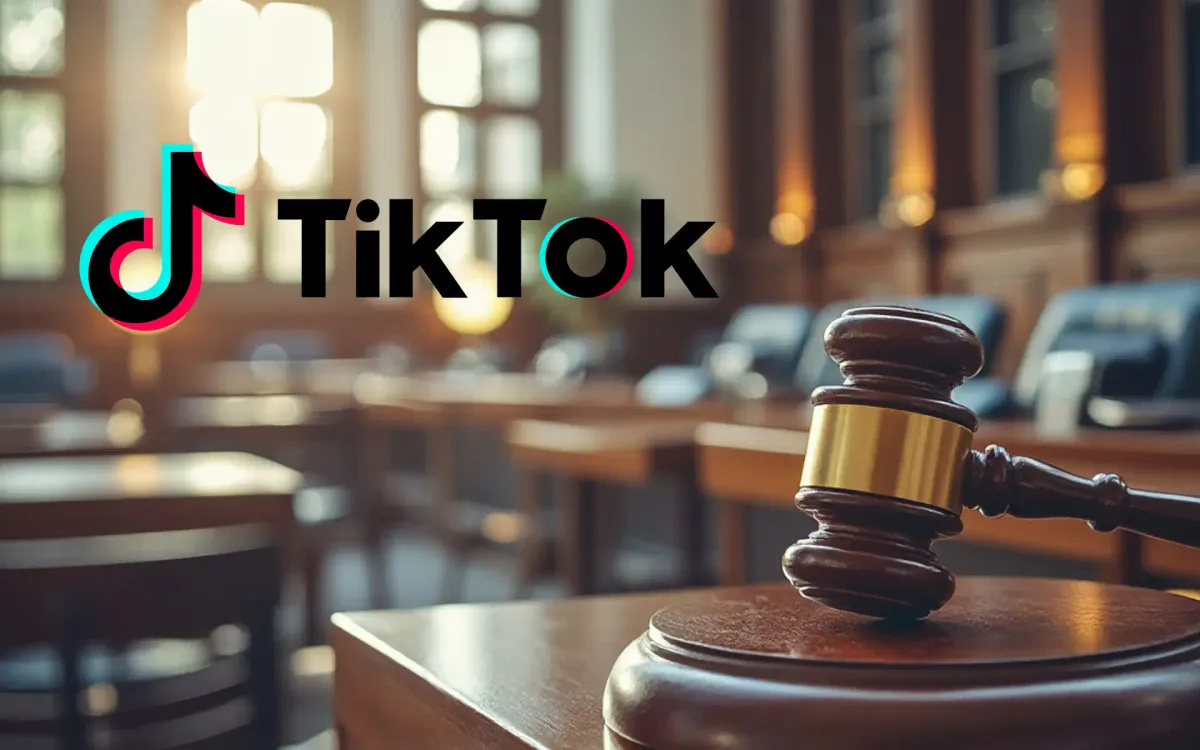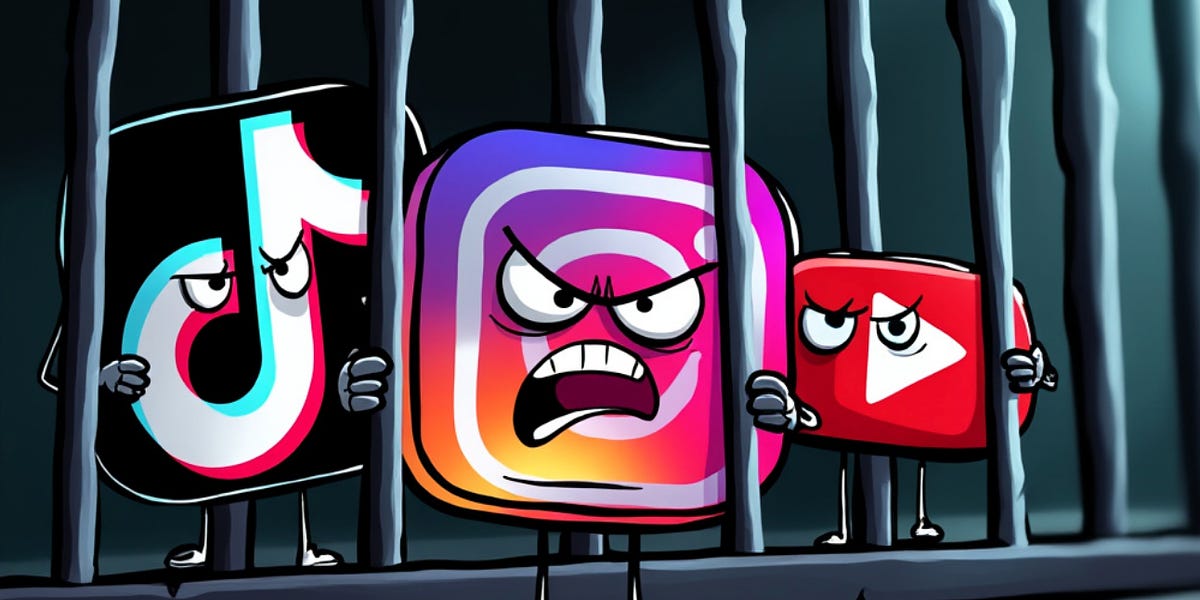
On August 27, 2024, the United States Court of Appeals for the Third Circuit issued a significant ruling that could reshape the landscape of online content moderation and platform liability. The case, Anderson v. TikTok, Inc., centered around the death of a 10-year-old girl who tragically lost her life while attempting to recreate the "Blackout Challenge" she had viewed on TikTok's platform.
The court's decision, announced just over a week ago, marks a pivotal moment in the interpretation of Section 230 of the Communications Decency Act (CDA). This federal law, enacted in 1996, has long shielded internet companies from liability for content posted by their users. However, the Third Circuit's ruling suggests that this broad immunity may no longer apply in certain circumstances.
According to the court's opinion, TikTok can still claim immunity under Section 230 for simply hosting user-generated content. However, the judges ruled that this protection does not extend to the platform's algorithmic recommendations or its continued distribution of content it knows to be harmful.
This is a really substantial and important decision, finally reading 230 as it was intended--and not extending immunity to algorithmically promoted content. https://t.co/wPvkhqgNAJ
— Zephyr Teachout (@ZephyrTeachout) August 28, 2024
The case originated when Tawainna Anderson, mother of the deceased child, filed a lawsuit against TikTok and its parent company, ByteDance, Inc. Anderson alleged that TikTok's algorithm recommended the dangerous "Blackout Challenge" video to her daughter, despite the company's awareness of its potential harm.
The Third Circuit's decision overturns a lower court ruling that had initially dismissed Anderson's claims based on Section 230 immunity. The appeals court's interpretation of the statute could have far-reaching implications for social media companies and other online platforms.
In the court's opinion, Judge Shwartz wrote that Section 230(c)(1) does not immunize TikTok from liability for its own conduct beyond mere hosting of third-party content. This distinction is crucial, as it potentially opens the door for lawsuits based on a platform's algorithmic recommendations and content distribution practices.
The ruling delves into the historical context of Section 230, exploring its origins in the early days of the internet. The judges noted that the law was initially enacted to address concerns raised by two influential court cases in the 1990s: Cubby, Inc. v. CompuServe, Inc. and Stratton Oakmont, Inc. v. Prodigy Services Company. These cases grappled with the question of whether online service providers should be held liable for the actions of third parties on their networks.
The Third Circuit's interpretation of Section 230 draws a distinction between "publisher" and "distributor" liability. While the court affirmed that Section 230(c)(1) protects platforms from being treated as the publisher of third-party content, it concluded that this protection does not extend to distributor liability or a platform's own conduct in recommending content.
This nuanced approach to Section 230 immunity could have significant implications for how social media companies operate. Platforms may need to reassess their content recommendation algorithms and take more proactive measures to prevent the spread of harmful content, especially when they become aware of its potential dangers.
The ruling also touches upon the broader societal concerns surrounding the influence of social media on children and adolescents. The tragic circumstances of the Anderson case highlight the potential real-world consequences of online content and algorithmic recommendations.
Legal experts and industry observers are closely analyzing the Third Circuit's decision, as it may set a precedent for future cases involving platform liability. The ruling could potentially lead to a circuit split, as other federal appeals courts have previously interpreted Section 230 more broadly.
 BIG by Matt StollerMatt Stoller
BIG by Matt StollerMatt Stoller
Key facts
Date of ruling: August 27, 2024
Court: United States Court of Appeals for the Third Circuit
Case: Anderson v. TikTok, Inc.
Main issue: Scope of Section 230 immunity for social media platforms
Key finding: Section 230 does not immunize platforms for their own conduct beyond hosting content
Potential impact: May expose platforms to liability for algorithmic recommendations and known harmful content
Historical context: Relates to earlier cases Cubby, Inc. v. CompuServe, Inc. and Stratton Oakmont, Inc. v. Prodigy Services Company
Distinguishes between "publisher" and "distributor" liability
Could lead to a circuit split with other federal appeals courts

